Meet Energy-Efficient Building Mandates With NEIF Financing
For many property owners across the United States, energy efficiency is no longer a suggestion, but a requirement.
Over the last few years, climate legislation has aimed to reduce the carbon footprint of buildings, which account for nearly 40% of total CO2 emissions in the U.S.
The statistic is significantly higher for buildings in concentrated urban areas like New York City, for example, where almost 70% of the city’s carbon emissions derive from fossil fuels that power both residential and commercial properties.
New York City’s Solution
For New York City, in particular, the City Council passed Local Law 97, mandating energy efficiency and limiting carbon emissions for buildings that exceed 25,000 square feet, as part of the Climate Mobilization Act in 2019. Under this law, qualifying buildings — grocery stores, apartment complexes, distribution centers, etc. — will work toward a goal of decreasing emissions by 40% in 2030 and by 80% in 2050.
Local Law 97 requires property owners in all five boroughs to comply with standards by 2024, or else face fines of up to $268 for every ton of emissions their building produces above the limit, starting in 2025.
With this timeline enforced, it is critical for NYC business owners to consider — and subsequently implement — strategies that allow them to reach these targets. For those affected, financing energy efficiency retrofits serves as a productive way to move forward.
With the National Energy Improvement Fund (NEIF), financing is a reality that many can pursue. NEIF empowers business owners to upgrade the efficiency, comfort, and safety of their properties by offering fixed-rate, affordable monthly financing for improvements that qualify as such. So long as work is performed by an NEIF-Approved Contractor, commercial borrowers can finance energy projects of varying sizes and costs.
NEIF is pleased to serve New York City, along with Westchester County, as a participating financing provider of Con Edison’s Clean Heat Program. For eligible customers, this program presents an opportunity to affordably install heat pumps, improving the efficiency of their properties as a whole.
Other Local Governments Are Also Rolling Out Similar Standards
Other places in the U.S. have taken strides toward minimizing the impact of buildings on the environment, too. California — a state that has been highly-regarded for its efforts toward energy efficiency — has adopted policies over the last several years, as well, that promote a cleaner future, including Title 20 and Title 24.
While Title 20 outlines efficiency measures that appliances (particularly light bulbs) must meet, Title 24 stands as the state’s energy code for newly constructed and existing buildings. Every three years, the California Energy Commission updates this set of regulations to incorporate the latest research and trends for energy efficiency as they apply to building design.
The nation’s capital is also thought of as an innovator in energy conservation as it relates to Washington D.C.’s infrastructure. In May 2020, the 2017 D.C. Construction Code took effect, providing business owners with “alternative compliance pathways” for meeting the District’s existing energy code.
With this amendment, D.C. became the first jurisdiction to include Leadership in Energy and Environmental Design (LEED) Zero certification in its building code for both residential and commercial construction. Net zero buildings, following LEED Zero Energy and LEED Zero Carbon initiatives, are anticipated to play an integral role in the capital achieving carbon neutrality by 2050.
And just last summer — the D.C. Council unanimously voted to expand its net zero approach. By the end of 2026, the District’s mayor will need to create legislation that mandates net-zero construction for all new buildings and major renovations.
Further up the East Coast, Massachusetts also passed a substantial climate bill in July 2022 that allows certain municipalities to prohibit the use of fossil fuels in new construction projects.
Every NEIF reduces carbon emissions and energy costs. And while NEIF’s message to Go Greener aligns with the goals of many of these local and state governments, our team is dedicated to help both commercial and residential borrowers do so affordably.
Whether you’re based on the West Coast or are doing business in the heart of New York City, NEIF is a certified lender in 25 states for residential financing, and in all 50 for commercial. Our experienced team and highly qualified network of Approved Contractors are ready to find a solution that works for you. Get started today!



